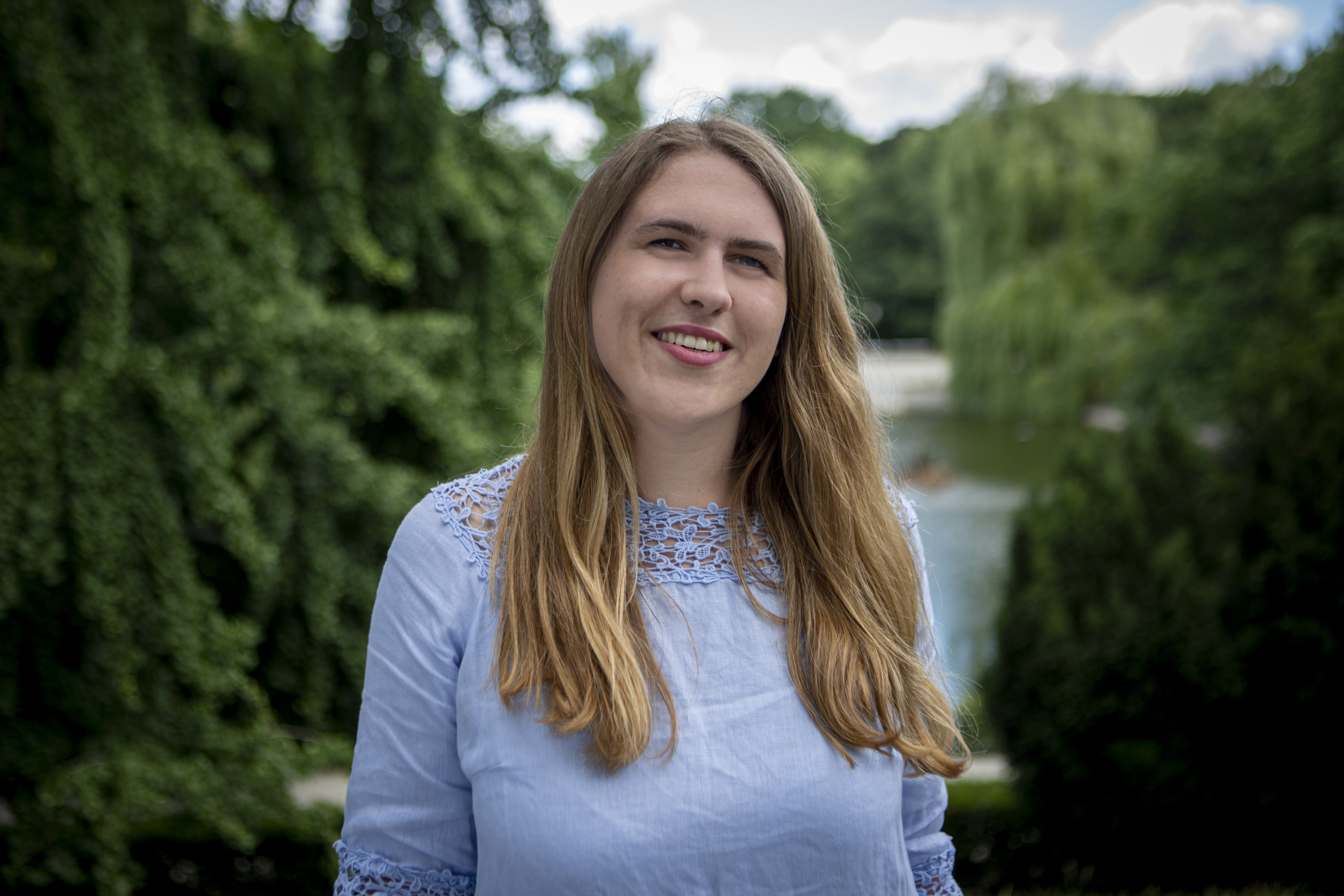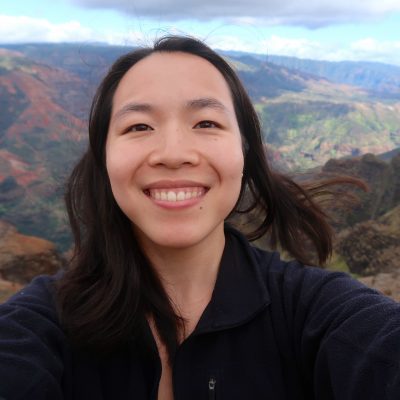Details
Article
During the 2019 Warsaw Fellowship program, Fellows wrote a brief article on the topic of their choosing in response to one or more of the activities/speakers during the program. Pieces written by these fellows represent their individual opinions.
Even the most engaged advocate for reconciliation can never deny the past. There is the presumption that Polish-Jewish relations have to be difficult. But what is the point of having difficult relations with neighbors who have lived by our side for the more than 1000 years? It is the different perceptions of our narratives that continue to polarize Polish society. Thus, in order to further the discussion about Polish-Jewish relations, we must agree that both sides are allowed to have differing perspectives on a common narrative.
[Polin, the Museum of the History of Polish Jews] intentionally does not focus on the Holocaust. This is really important for the Jewish narrative because it shows the Holocaust as just one part of the Jewish history.
Polin – the Museum of the History of Polish Jews is the place where narrative was transferred to the Jewish people. The museum represents a powerful retelling or rather reclaiming of the Jewish narrative by Jews themselves. The Jewish perspective is a valid one. The museum paints a holistic picture of Jewish history. It celebrates Jewish contributions to Polish history, showcases the historical development of the Jewish religion, and shows that Jewish history is Polish history. It intentionally does not focus on the Holocaust. This is really important for the Jewish narrative because it shows the Holocaust as just one part of the Jewish history. This idea which shaped the way the museum is prepared is really important for younger generations who hear the word Jewish only while learning about the Holocaust.
But what is the point of having difficult relations with neighbors who have lived by our side for the more than 1000 years?
The location of the museum lets us reflect on the issue of space as it pertains to memorials. Polin means ‘rest here’ in Hebrew which were, according to the legend, the words heard by the Jewish people who first arrived in this area. On the other hand, this museum was created in the place where historical endings took place. However, if all places with historical precedent are turned into museums and memorial sights, what is the best way to make the next generation respect the past without using it to divide society? Input from persecuted groups or minorities about their opinion on the memorial places related to their own history must be solicited and centered, because even the allies with the best intentions have no idea what the members of those groups feel.
However, if all places with historical precedent are turned into museums and memorial sights, what is the best way to make the next generation respect the past without using it to divide society?
I revoke the idea of Rafał Betlejewski, who created the graffiti campaign in Polish cities which stated “I miss you Jew!” How can you miss someone who has lived among you for centuries? Polish history is deeply inextricably linked to Jewish history, to put it in other words, Jewish history is Polish history. Thus, it is important to remember when referring to the Holocaust that not all Poles were heroes and not all of them were anti-heroes.
Even though often on the governmental level Polish-Jewish history is instrumentalized within arguments, it is important to remember that we were neighbors before and there is nothing stopping us from becoming neighbors again.
It is only when we stop denying the past that there becomes a chance that Jewish neighbors will feel at home again.





